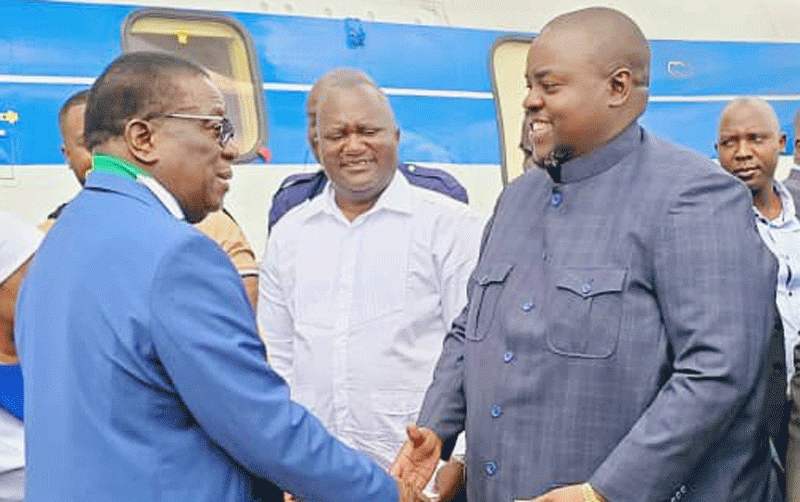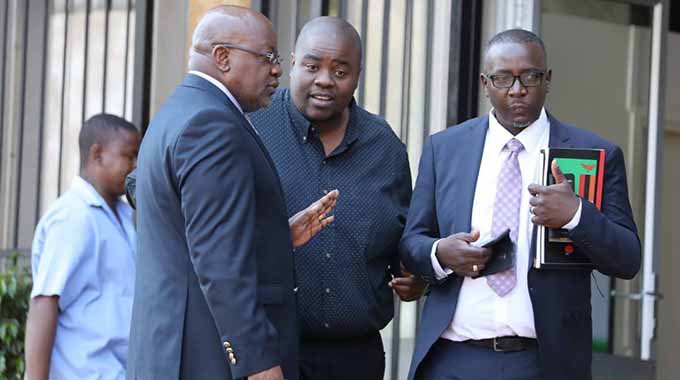Zimbabwe has become the eighth African country to license Elon Musk’s Starlink to provide satellite internet services, in a deal involving one of President Emmerson Mnangagwa’s associates.
Mnangagwa made the announcement on Saturday, as he revealed that Starlink would partner with a local company, IMC Communications (Pvt) Ltd.
The company is owned by Wicknell Chivayo, who is regularly seen in the president’s company.
In making the announcement, Mnangagwa said emerging technology was “one of the strategic pillars” of his government.
However, Starlink will only be accessible through Chivayo’s company which received the licencing rights from the Postal and Telecommunications Regulatory Authority of Zimbabwe (POTRAZ).
“I take this opportunity, on behalf of the government of Zimbabwe, to congratulate IMC Communications (Pvt) Ltd and Starlink on this commendable milestone aimed at revolutionizing the digital and communications technology landscape in Zimbabwe,” Mnangagwa said.
Economist Stevenson Dlamini said, while the arrival of Starlink in Zimbabwe was welcome in that it would reduce the high cost of data and internet speed, it might be expensive to set up.
He added:
It will cost an arm and a leg, but in the long-run it will be worth it. In rural communities, we can only wish that the government purchases the kits to supply schools, hospitals and other public facilities in need.
Rwanda, Benin, Nigeria, Kenya, Rwanda, Zambia, Mozambique and Malawi are the only African countries to allow Starlink.
According to Tech Point, Rwanda has the cheapest Starlink kits in Africa for 485 000 Rwandan francs (R7 000).
In other parts of the continent, the kits can retail for as much as R12 000.
Last month, Starlink sent emails to its subscribers operating in countries where it is not registered, informing them that it would be discontinuing its services.
According to Global Data Insight, as of 2021, only 34% of the Zimbabwean population had access to the internet.
It was ahead of Mozambique with 17.4%, Zambia with 21.2%. Botswana stood at 73.5% and South Africa at 72.3%.






